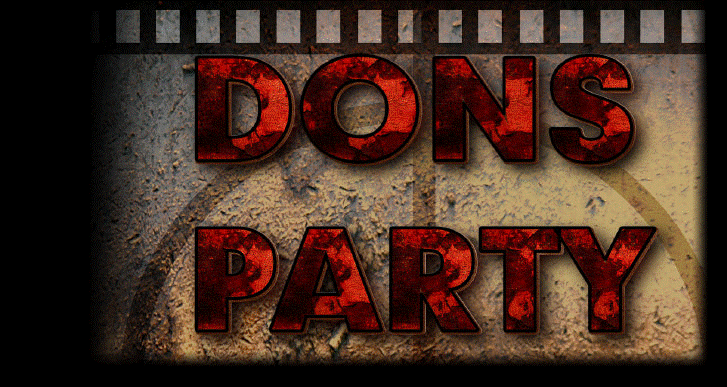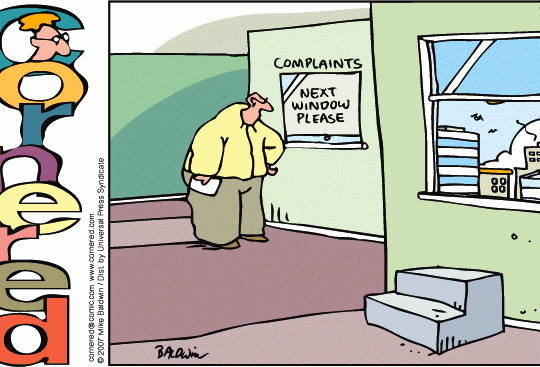
Who doesn’t like a party?
It’s generally not difficult to identify marketing opportunities; event associations are classic examples – something related to the end of financial year, a local, national, or international holiday (like Christmas or Ramadan), some other date related event, an occasion related opportunity, seasonal changes, etc. There are hundreds, and the more you sit down and think of what is available out there, the more you will come up with.
So with so many options already available, why create your own event?
The best part about your own event is that it is uniquely yours; no one else is doing the same thing; the association is all yours; it might be your Point Of Difference.
So putting an argument FOR your own event is easy enough, the harder thing to do is set a theme for the event and sort out your attendance list. This needs to be something that you have total control over; it should have defined goals and measurable outcomes.
You could set the bar pretty low and turn this into an awareness campaign, but wouldn’t it be that much better if you were able to secure additional sales as a result, or if you could be added to supplier shortlists.
Event Type
The type of event that you may look at will be influenced by a number of factors. Hopefully you will have control over most of these so there shouldn’t be too many surprises.
Event Venue
If you have a standalone bricks and mortar shop then this might be easy to pick. If on the other hand you are an online supplier only, then a party will need to be in a function centre of some sort, and the effectiveness of the event will be higher if you have a tight geographical customer area. Don’t throw a party in Melbourne is most of your customers are in Canada.
Attendees
Tie this into your outcome goals. Do you want to increase immediate sales? Do you want to secure new supply contracts? Do you want to reward your high value or loyal customers? These questions will determine who you invite.
F&B
If you are a food related supplier, then this is a big issue. If you are a training supplier then a selection platters from your local Subway may be sufficient. Same applies to the supply of alcohol. Some common sense should be used here. If you are the local supplier of school books then putting on a couple of kegs and topless waitresses might not convey the right image.
Meet and Greet
If you are referred t at work as Mr Grump then I’d suggest that you are not the right person to meet and greet your guests. Maybe consider someone with a little bit of personality – afterall we want our guests to feel comfortable from the start, especially if one of the event goals is to secure contracts or to increase sales.
Event Content
Good events have a theme and your event should also. This will be tied into your event goals; are you showcasing a new process, introducing new product lines, rewarding loyal customers, increasing sales, or securing contracts. The event goal will dictate, to a certain extent, what you actually do once the guests arrive.
Spread the word
You want to control your attendance list, so advertising your event on Facebook is a bad idea. As soon as you do this you lose control. If you have a quick look at the social pages of the newspaper it will be splattered with pictures of beautiful people at social events. It is no accident that these pictures have been published. It gives the event social exposure which will be promoted by the pictured attendees themselves. Don’t get me wrong, I know that these are usually for fashion events or charity balls and the like, and it might be difficult to get any page time in the local paper if your event was to launch your latest boning machine, however, photographs should still be taken, and press releases written; you just need to pick the publication. Industry publications salivate for this sort of stuff. If you don’t have an in-house photographer then contact the nearest technical college and you will be able to source a final year student for very attractive rates (usually free).
Post event analysis
Like all projects/tasks you need to perform a review to determine the effectiveness of this event. The current in-vogue term for this is “Lessons Learnt”; not my most favourite label as it has up-front negative connotations. The results of the review may identify areas that could be improved, but it might also highlight successes, and although the areas of improvement identified are very important, nothing really spurs you on to bigger and better things when you have some significant wins.






